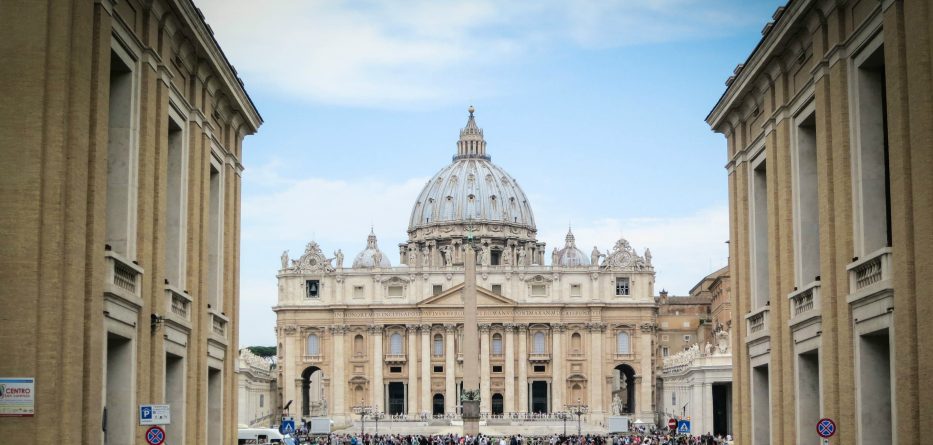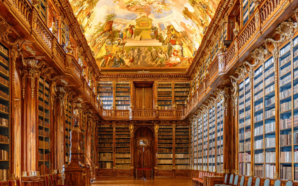Vatican City has its own system of collecting and recycling its sorted waste, much of which goes into making compost.
The Vatican is growing greener, making strides in heeding to Pope Francis’ call to creating a more environment-friendly world. The smallest state in the world is now ready to do away completely with the sale of single-use plastics, or disposable plastic, according to Rafael Ignacio Tornini, the head of the garden and cleaning services of the Governorate of Vatican City State.
Recycling waste
The Vatican is also moving fast along Europe’s stringent standards with regard to collection and disposal of sorted waste, he told ANSA News Agency.
He explained that a dumping centre was created in 2016 for special waste disposal inside the Vatican, called “eco-centre.” It was restructured and enhanced in 2018 and can now handle about 85 items of the European Waste Codes (EWC) list.
In the first 6 months of this year, the centre collected 2% of unsorted waste, or 98% of sorted waste. The target is to reach point zero percent in 2020, Tornini said.
As regards urban waste, he said, the Vatican started with 35% of sorted waste in 2016. Today this stands at 55%. In the next 2 or 3 years, they expect to reach 70-75%.
Vatican City’s garbage, to the tune of some 1000 tonnes, is collected largely from bins, very little from door to door, such as with cooking oil and kitchen waste.
Five months ago, with the collection of organic waste, the Vatican kicked off what Tornini described as the “circular economy chain.” This consists of recycling organic waste mixed with a large part of pruning, cuttings and mowed grass from the Vatican, which amounts to as much as 400 tonnes, to make compost soil.
Tornini said they try to minimise as much as possible the amount of waste disposed of in Italy. They are trying to recycle much of the Vatican’s waste possible into good fertiliser for use in the Vatican or at the papal summer residence of Castel Gandolfo. Tornini said that other wastes are disposed of through a private company keeping to regulations as much as possible.
Plastic
The head of the Vatican’s garden and cleaning services said the problem of plastic is real. They are trying to collect plastics separately and the Vatican has limited its sale of single-use plastics and soon it will be completely stopped.
Unsorted waste collection is a problem particularly in St. Peter’s Square which is open to vast numbers pilgrims and tourists from all over the world. Tornini and his team have set up bins for plastics in the colonnade that collects some 10 kilograms per day.
Tornini and four others in the department said it was as real task to change the mentality in the Vatican, even providing courses to people handling special waste. He said they have taken to heart very much the call of Pope Francis in his 2015 environmental encyclical Laudato Si’, to safeguard our common home.
Before Pope Francis, Pope Benedict XVI and his predecessor St. Pope John Paul II have also a given boost to the Vatican’s green effort. Both of them have made appeals for the protection of the environment.
Lighting
A major step in this line came in 2008, under Pope Benedict, when the Vatican switched on its massive solar power plant on the roof of the Paul VI audience hall. The system’s some 2,400 photovoltaic panels covering the 5,000 square metre roof provide clean energy for the needs of the hall and several adjoining buildings.
In January, a new environment-friendly and cost-effective LED lighting system in the interior of St. Peter’s Basilica was inaugurated. The German light company OSRAM behind the project, had earlier installed similar lighting system in the Sistine Chapel and in St. Peter’s Square.
Efforts are on to expand into other renewable sources of energy in the Vatican.
(Source: ANSA)
With thanks to ANSA, Vatican News and Robin Gomes, where this article originally appeared.








